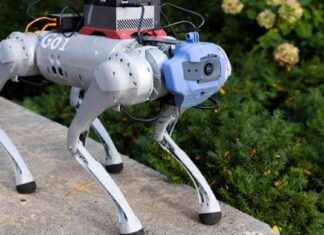An exciting new AI project has been developed to better track the movements and behaviors of humpback whales. The project aims to reveal the hidden aspects of these majestic creatures’ lives, such as their migration routes and nighttime activities. By combining the fields of marine biology and artificial intelligence, researchers hope to gain a deeper understanding of these fascinating animals.
Humpback whales are known for their impressive migration journeys, traveling thousands of miles between their feeding and breeding grounds. However, many aspects of their behavior, particularly during nighttime hours, remain a mystery to scientists. Traditional tracking methods, such as satellite tags, have limitations in monitoring these elusive creatures, prompting the use of innovative AI technology to fill in the gaps.
The AI tracking technology used in this research project offers a more precise and detailed view of humpback whale movements. By analyzing large amounts of data collected from various sources, including acoustic recordings and satellite imagery, researchers can create a comprehensive picture of the whales’ behavior patterns. This data-driven approach allows for a more accurate understanding of their migration routes, feeding habits, and social interactions.
In addition to shedding light on the daily activities of humpback whales, the AI project also has the potential to uncover new insights into their conservation and management. Understanding how these animals behave in their natural environment is crucial for implementing effective conservation strategies to protect their populations. By leveraging cutting-edge technology like artificial intelligence, researchers can make informed decisions to safeguard the future of humpback whales and their ocean habitats.
Furthermore, the integration of AI technology into marine biology research opens up exciting possibilities for studying other wildlife species. By harnessing the power of data analytics and machine learning, scientists can unlock hidden behaviors and patterns in various animal populations. This multidisciplinary approach not only advances our knowledge of the natural world but also paves the way for innovative conservation solutions.
Overall, the AI tracking technology being used to study humpback whales represents a groundbreaking advancement in marine biology research. By combining scientific expertise with artificial intelligence, researchers are poised to reveal the secrets of these magnificent creatures like never before. With continued innovation and collaboration, we can look forward to a future where technology helps us better understand and protect the diverse wildlife that inhabits our planet’s oceans.








